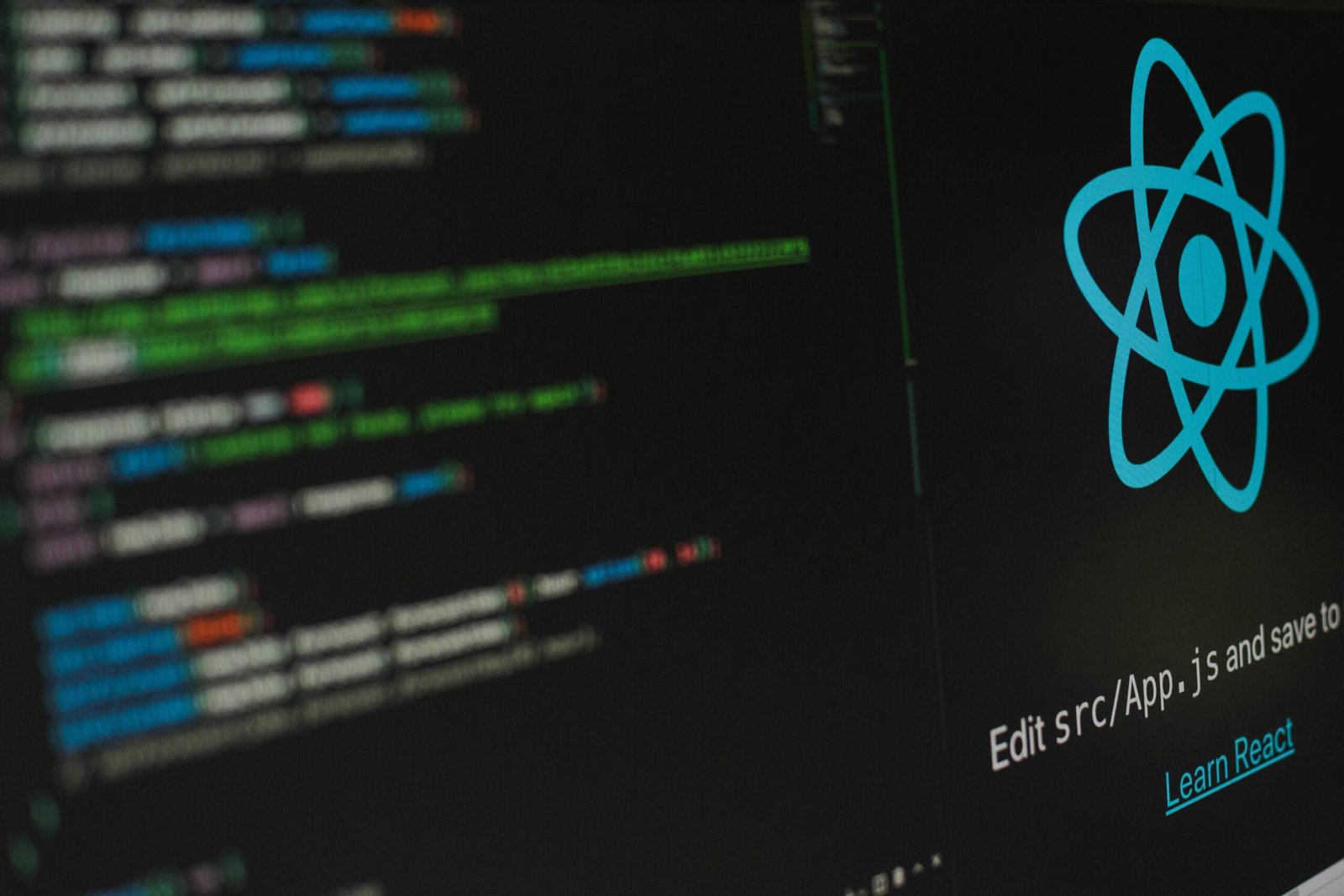Introduction to PHP Frameworks
PHP frameworks have become indispensable tools for web development, offering a structured and efficient way to build complex applications. These frameworks provide pre-written code libraries for common tasks, facilitating rapid development cycles, improved code organization, and enhanced security. As web applications grow in complexity, relying solely on native PHP can be cumbersome and time-consuming. This is where frameworks come into play, streamlining the development process with built-in modules and reusable components.
The importance of PHP frameworks in contemporary web development cannot be overstated. They promote best practices by enforcing the Model-View-Controller (MVC) architecture, resulting in a clean separation of concerns. This organization makes your codebase more manageable and easier to maintain. With the increasing expectations of users and the rising complexity of web technologies, the demand for robust and scalable solutions grows. PHP frameworks rise to the challenge by offering tools that cater to these needs, making projects more adaptable and future-proof.
Given the rapidly evolving digital landscape, security remains a critical concern. PHP frameworks inherently address this by including safeguards against common security threats such as SQL injection, cross-site scripting (XSS), and cross-site request forgery (CSRF). By leveraging the built-in security features of frameworks like Laravel and Symphony, developers can ensure that their applications are more resilient against vulnerabilities.
Efficiency, organization, and security are paramount considerations in modern web development. PHP frameworks embody these elements, providing developers with the means to create sophisticated web applications quickly and reliably. As we look ahead to 2024, integrating a framework PHP into your projects becomes not just advisable but essential for staying competitive in an ever-advancing industry. This sets the stage for a deeper exploration of the ten best PHP frameworks to utilize in the coming year, each offering unique strengths to meet diverse project requirements.
Top 10 PHP Frameworks of 2024
Choosing the right PHP framework can significantly impact your development efficiency and application performance. Here are ten of the best PHP frameworks to consider in 2024:
1. Laravel
Laravel stands out for its elegant syntax and developer-friendly features. It offers robust tools for routing, sessions, and authentication. Laravel is ideal for building modern web applications quickly and efficiently.
2. Symfony
Symfony is known for its reusable PHP components and the comprehensive documentation it offers. Its component-based structure makes it perfect for large-scale enterprise applications. Symfony also facilitates seamless integration with other platforms and libraries.
3. CodeIgniter
CodeIgniter is a lightweight and straightforward PHP framework, making it an excellent choice for beginners. Its speed and minimal configuration make it suitable for developing small to medium-sized web applications while maintaining high performance.
4. Phalcon
Phalcon is unique as it is implemented as a C extension. This allows for exceptional performance and efficiency in handling heavy loads. It’s ideal for developers looking to create high-performance web applications with lower resource consumption.
5. CakePHP
CakePHP simplifies the development process with its convention-over-configuration approach. Features like code generation and bake tools speed up application scaffolding, making it easier and faster to develop robust applications.
6. Zend Framework / Laminas
Zend Framework, now known as Laminas, is a versatile and dependable PHP framework. It excels in building high-performance enterprise-level applications and provides robust security features and extensive components for different functionalities.
7. Yii Framework
Yii Framework is a high-performance, component-based PHP framework. Its strong caching support and extensive libraries make it ideal for projects requiring repetitive tasks, such as CRM, CMS, and e-commerce systems.
8. Slim
Slim is a PHP micro-framework designed to create simple yet powerful web applications and APIs. It is highly suitable for small-scale applications, microservices, and rapid prototyping.
9. FuelPHP
FuelPHP offers full-stack support and flexibility, running on both MVC and HMVC architecture. This makes it adaptable for diverse projects, from simple applications to more complex web services and APIs.
10. Aura
Aura focuses on decoupled libraries to provide high customization. It is perfect for developers who prefer modular coding. While it is not a full-stack framework, its libraries can be used independently, making it versatile for various project needs.
Criteria for Selecting the Right PHP Framework
Choosing the right PHP framework is a pivotal decision for any development project. It significantly impacts the project’s efficiency, scalability, and maintainability. Several factors merit consideration to ensure that the selected framework aligns with both the project’s demands and the developer’s expertise.
Firstly, the learning curve is a critical factor. Some frameworks are designed to be beginner-friendly, offering simpler syntax and a plethora of tutorials and resources. For instance, Laravel is known for its ease of use and extensive documentation, making it an excellent choice for developers who are new to PHP frameworks. On the other hand, frameworks like Symfony may have a steeper learning curve but offer extensive customization options, catering to experienced developers seeking flexibility.
Scalability is another essential criterion. Depending on the project’s growth potential, a scalable framework should be chosen. Frameworks such as Laravel and Symfony are renowned for their robust architecture, which can support complex applications and high traffic loads seamlessly. This trait is vital for projects that anticipate scalability in terms of user base and functionality.
Community support cannot be overlooked. A thriving community means comprehensive support, frequent updates, and a vast repository of plugins and extensions. Frameworks like Laravel and Symfony boast active communities, offering myriad forums, tutorials, and third-party integrations, which can significantly ease troubleshooting and enhance development speed.
Documentation quality is equally important. Well-documented frameworks can drastically cut down development time and help resolve issues more efficiently. Laravel is particularly lauded for its exceptional documentation, which provides clear, concise information on every aspect of the framework.
Lastly, consider specific project requirements. Each project has unique needs, whether it’s e-commerce, social networking, or content management. Matching these requirements with the framework’s strengths is essential. For example, Laravel’s built-in features for authentication and authorization might be ideal for applications requiring secure user management.
By carefully evaluating these criteria—learning curve, scalability, community support, documentation, and specific project requirements—developers can select a PHP framework that not only meets their current needs but also lays a solid foundation for future growth and adaptability.
Future Trends and Innovations in PHP Frameworks
As we look towards 2024 and beyond, the landscape of PHP frameworks is evolving to meet the demands of modern web development. One significant trend is the adoption of PHP 8, which brings numerous features that frameworks are increasingly leveraging to enhance their capabilities. Features such as just-in-time (JIT) compilation and union types are noteworthy, as they contribute to performance improvements and more robust code design. Frameworks like Laravel and Symfony are at the forefront, already incorporating these advancements to optimize development processes.
Performance optimization remains a key focus. With PHP 8’s advancements, developers can expect quicker execution times and more efficient memory management. Frameworks are continually optimizing their core functionalities to take full advantage of PHP 8’s capabilities. For example, Laravel’s Eloquent ORM has seen iterations that promise faster data processing and retrieval, making it a strong contender for performance-centric applications.
In terms of security, there is an ongoing emphasis on fortifying frameworks against emerging threats. PHP frameworks are integrating advanced security features to provide built-in protections like cross-site request forgery (CSRF) tokens, encryption utilities, and secure authentication mechanisms. Symfony has been particularly proactive in this area, offering a suite of security components that can be customized to meet specific application needs.
Additionally, the integration with modern development tools and methodologies is reshaping how PHP frameworks are utilized. Tools like Docker are becoming standard for containerizing applications, ensuring consistent development and production environments. Frameworks are being designed or adapted to work seamlessly with these tools, simplifying deployment and scaling processes.
Methodologies such as DevOps and Continuous Integration/Continuous Deployment (CI/CD) are gaining traction, with frameworks incorporating features to support these workflows. Laravel, for instance, offers integrations with various CI/CD platforms, streamlining the development pipeline and accelerating delivery cycles.
As these trends and innovations continue to shape the future of PHP frameworks, developers can look forward to a more efficient, secure, and robust development ecosystem. The ongoing enhancements and the seamless integration with cutting-edge tools ensure that PHP remains a vital and vibrant player in the world of web development.



